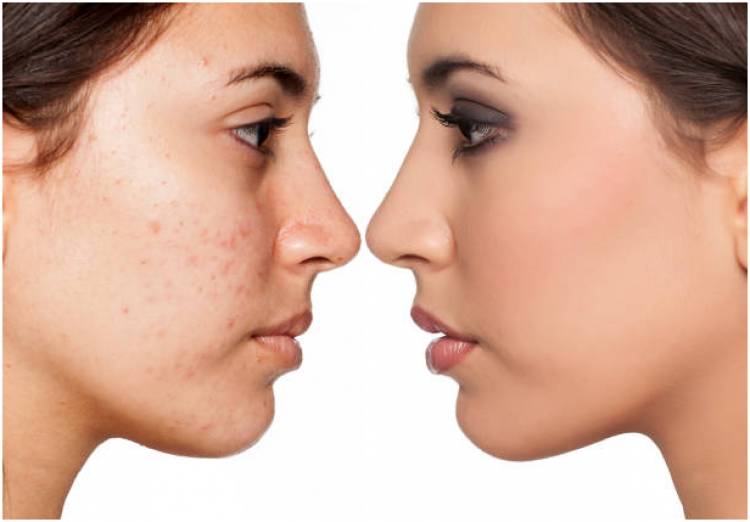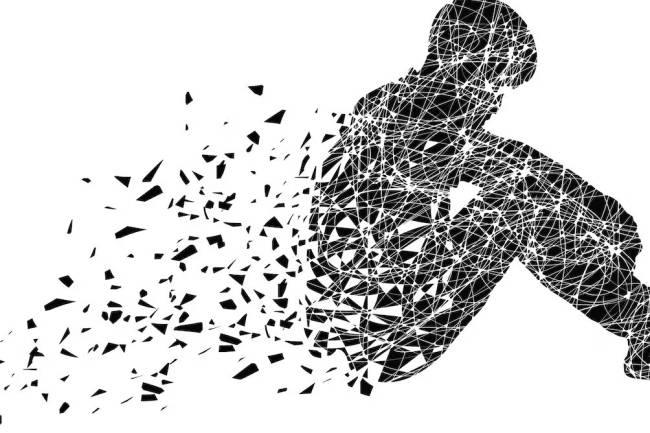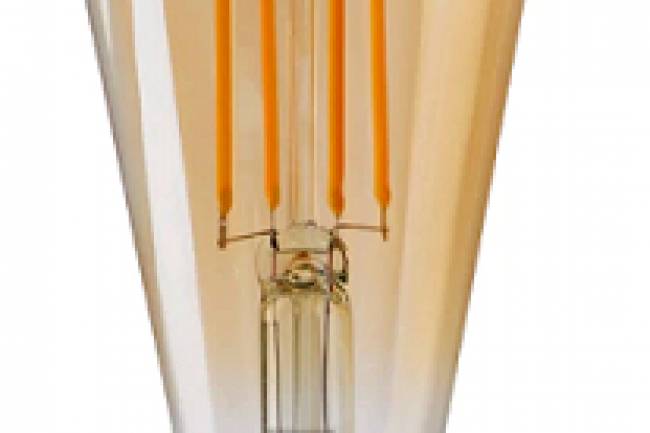
What Are The Types Of Acne Treatment Available?
Acne is commonly known as pimples. Acne is a skin disorder that is very common and nothing to be worried about. It is a natural reaction of the skin to external and internal changes in the body.
However, acute adult acne or painful cystic acne can be quite difficult to handle and may spread on the face and body, and can be quite painful to deal with. In such cases, patients are often advised to seek help from a dermatologist who can help them with acne treatment, which is now being offered in many skincare clinics and dermatologist offices.
Acne, when not treated can leave behind scars as well, which can be very unpleasant and not very aesthetically pleasing. Acne comes in many harmless and painful kinds based on the level of infection.
Types of Acne and their Treatments
Acne is caused when the sebaceous glands underneath the skin secret oil and this oil get trapped in the pores. Over time, the oil can get oxidized and become black in color causing blackheads. If there is dirt and dead skin accumulation in the pores, it becomes a pustule or a nodule.
When there is a bacterial infection that starts feeding off of this oil, dirt, and dead skin accumulation, the acne grows bigger and deeper and can be more painful than ever. These kinds of acne are called cystic acne.
Each kind of acne has a different kind of acne treatment based on the severity of the infection. Below are some of the most common acne treatment methods that are recommended by most skin specialists:
- Non Invasive Treatments
For mild and moderate acne, there are various methods that can be non-invasive in nature and help treat acne easily with the use of the following methods:
- Topical Medication
Topical Medication comes in the form of gels, lotions, and ointment creams that can be applied over the acne after consultation with dermatologists. The dosage is prescribed by the doctor as it can be quite strong. These kinds of medicines include Clindamycin and Erythromycin. Dapsone and retinoids are also used to treat bacterial infection and to help reduce inflammation.
- Oral Medication
Oral Medications are usually antibiotics that can help in killing the bacteria and germs that are infecting the skin. Popular medicines include oral contraceptives as they help in regulating hormones in the body that may cause acne, Aldactone, which is a class of drugs that helps in reducing oil production and bacterial growth, Isotretinoin - which is used for rare severe acne.
- Surgical Treatments
Surgical Treatments are invasive and use more modern techniques that help in controlling acne and its severity with assured benefits and little to no side effects.
- Cortisone Injections
Cortisone Injections are steroids that are injected directly into the skin to cure severe acne and to prevent their spread and also helps in reducing inflammation on the skin.
- Chemical Peels
Salicylic Acid and Glycolic Acid derivatives are used to create a chemical peel which when applied to the face can help in removing the topmost layer of the skin which contains acne and dead skin cells.
- Laser Therapy
Using Blue or red light, many kinds of laser-based treatments can be done by exposing the skin to the light which helps in killing the bacteria, reducing inflammation, and improves the collagen production of the skin so that there is no scarring.












